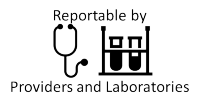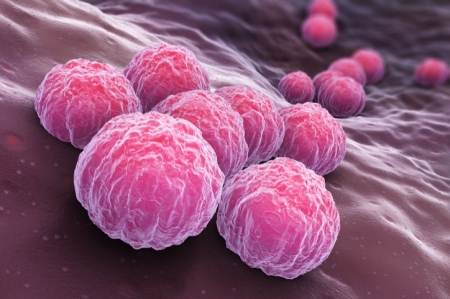Chlamydia


Infectious agent: Chlamydia trachomatis
Description of illness: Chlamydia is a common bacterial STD that can infect
the genitals, oropharynx, and rectum of both men and women. Chlamydia is spread
from person to person during sexual contact and is frequently asymptomatic. If
symptoms occur, they may be mild and include: abnormal discharge from the
penis, vagina, or rectum, and painful urination. Chlamydia can be easily
treated with antibiotics but infections often reoccur. Without treatment,
chlamydia can cause permanent damage to a woman’s reproductive system, leading
to increased risk for ectopic pregnancy and infertility. All sexually active
women under 25 years of age and men who have sex with men should be screened
annually and more often if at risk. Additionally, sexually active men in high
prevalence settings and women greater than 25 years of age who are at risk
(more than one sex partner, a partner with concurrent partners, or a partner
with an STD) should be screened.